Climate change is one of the greatest threats facing the planet. It refers to the change in the geometry of earth and sun. The rate at which energy is received from the sun and the rate at which it is lost to the space determine the equilibrium temperature and climate of Earth. Factors that affect the climate are called climate forcings . Forcing mechanisms are either "internal" or "external". Natural and environmental capital perishes, society suffers but market flourishes. All countries are enjoying hyper economic growth through free market policy. The editors analyse the issues of climate change, its impact on various countries in the developing world especially on the vulnerable sections like poor and women, the politics of development in the third world countries relating to this issue and the movements of indigenous people and women to protect the environment and their livelihoods. Climate change is one of the greatest threats facing the planet. It refers to the change in the geometry of earth and sun. The rate at which energy is received from the sun and the rate at which it is lost to the space determine the equilibrium temperature and climate of Earth. Factors that affect the climate are called climate forcings . Forcing mechanisms are either "internal" or "external". Natural and environmental capital perishes, society suffers but market flourishes. All countries are enjoying hyper economic growth through free market policy. The editors analyse the issues of climate change, its impact on various countries in the developing world especially on the vulnerable sections like poor and women, the politics of development in the third world countries relating to this issue and the movements of indigenous people and women to protect the environment and their livelihoods. Climate change is one of the greatest threats facing the planet. It refers to the change in the geometry of earth and sun. The rate at which energy is received from the sun and the rate at which it is lost to the space determine the equilibrium temperature and climate of Earth. Factors that affect the climate are called climate forcings . Forcing mechanisms are either "internal" or "external". Natural and environmental capital perishes, society suffers but market flourishes. All countries are enjoying hyper economic growth through free market policy. The editors analyse the issues of climate change, its impact on various countries in the developing world especially on the vulnerable sections like poor and women, the politics of development in the third world countries relating to this issue and the movements of indigenous people and women to protect the environment and their livelihoods.
Politics of Underdevelopment
$57.60
$64.00

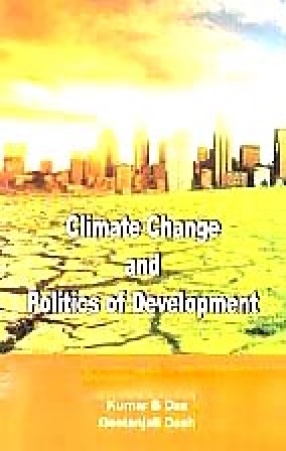
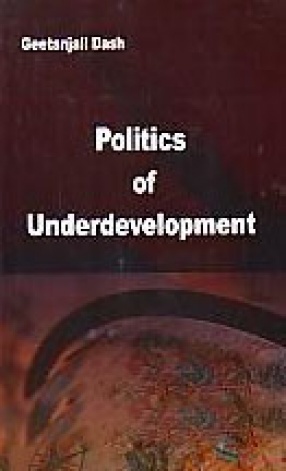
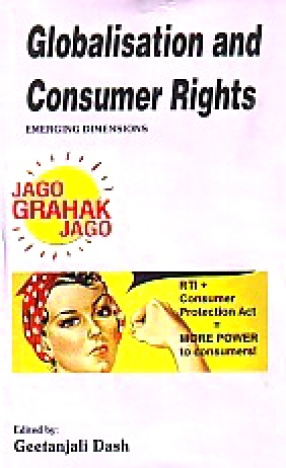
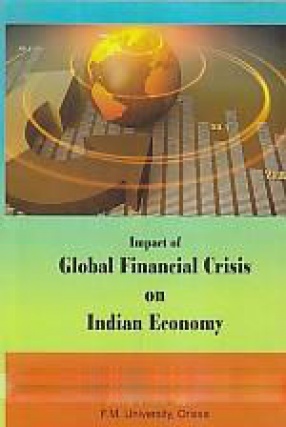
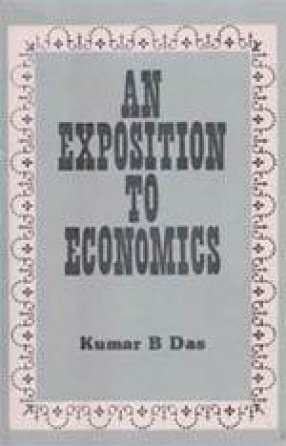
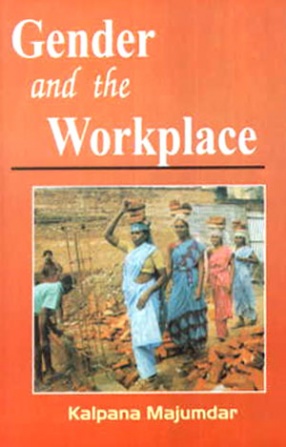

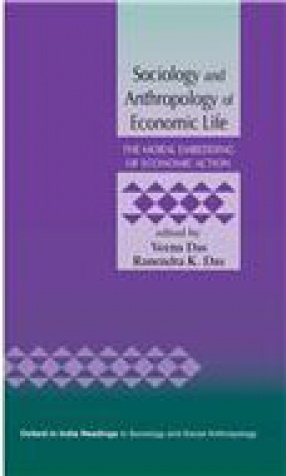
There are no reviews yet.